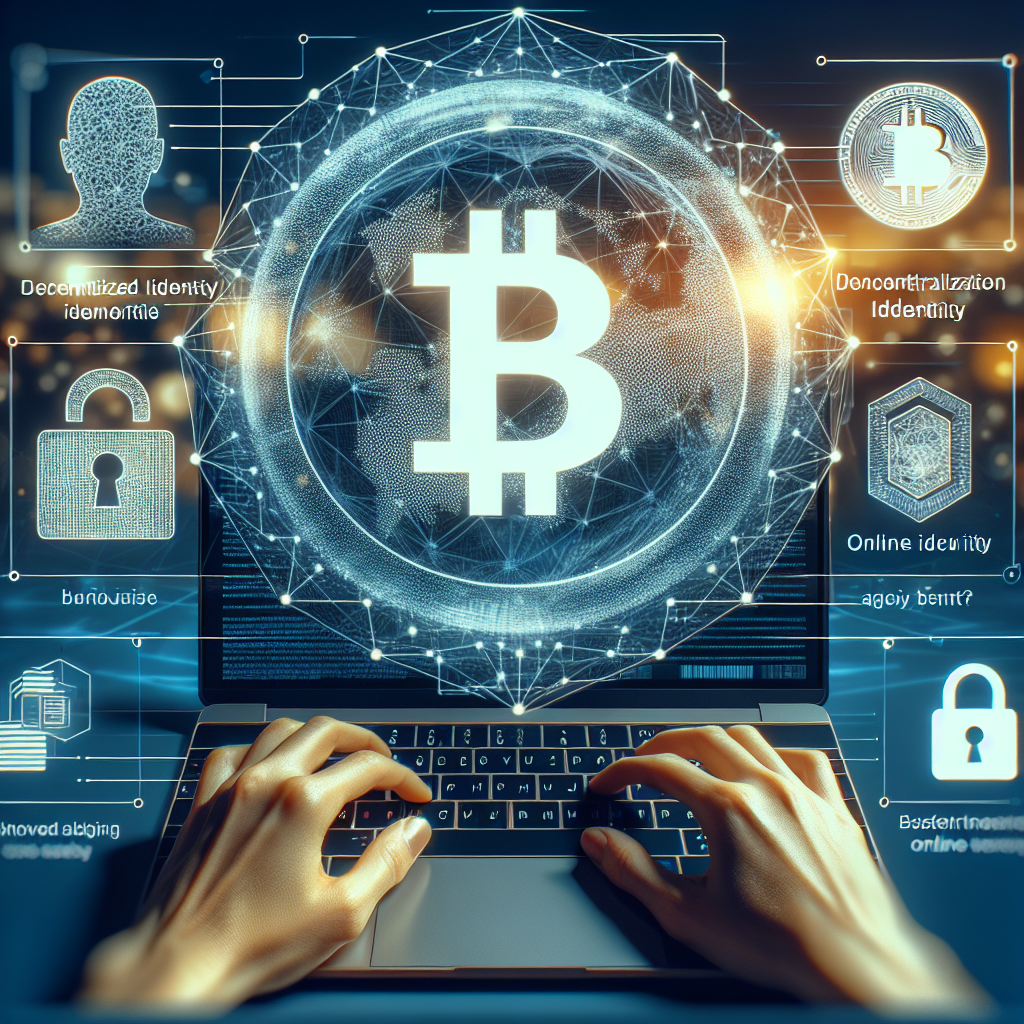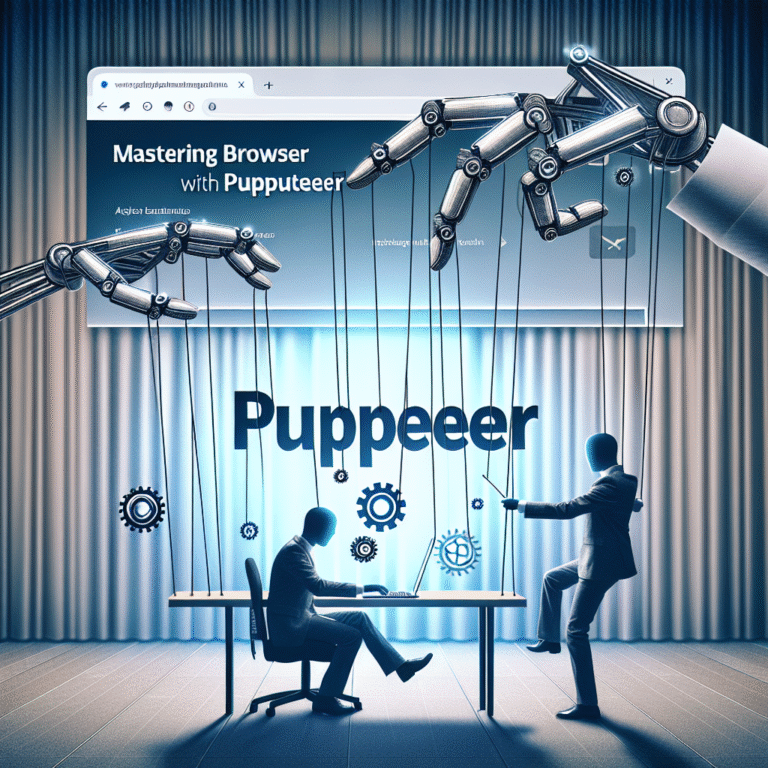Decentralized Identity: The Next Frontier of Online Security
Introduction
In an increasingly digital world, the concept of decentralized identity is gaining momentum. As traditional identity models struggle to keep pace with the complexities of online interactions, decentralized identity emerges as a revolutionary approach to digital identity security. The importance of securing our identities online cannot be overstated, especially in an era where data breaches and identity theft are commonplace.
What is Decentralized Identity?
Decentralized identity is an innovative approach to managing and verifying identity in a way that empowers individuals rather than relying on centralized authorities. Unlike traditional identity models, where a single entity—like a government or corporation—controls identity data, decentralized identity allows users to maintain control over their personal information. This shift represents a crucial transformation in how we think about digital identity.
How it Differs from Traditional Identity Models
In traditional systems, identity verification often requires users to submit sensitive information to multiple entities, creating vulnerabilities and increasing the risk of data exposure. Decentralized identity leverages self-sovereign identity principles, enabling users to verify their identities without sharing unnecessary data, thus enhancing user data privacy.
The Technology Behind Decentralized Identity
At the core of decentralized identity is blockchain technology, which provides a secure, immutable ledger for identity data. This technology ensures that identities can be verified without a central governing body, allowing for greater transparency and security. The use of blockchain in this context highlights its potential for various applications in securing personal information.
Role of Cryptography in Identity Safety
Cryptography plays a crucial role in protecting decentralized identities. Through techniques such as public-key cryptography, users can authenticate themselves securely without exposing sensitive information. This cryptographic foundation helps build trust in identity verification technology, making it a vital aspect of the decentralized identity ecosystem.
Benefits of Decentralized Identity
- Enhanced Privacy and Control: Users have full control over their identity data, sharing only what is necessary for verification.
- Reduced Risk of Identity Theft: With less centralized storage of sensitive data, the risk of large-scale data breaches diminishes.
- Streamlining Identity Verification Processes: Decentralized identity solutions can simplify and speed up the verification process for users and organizations.
Challenges and Limitations
- Technical Barriers to Implementation: The integration of decentralized identity solutions into existing systems can be complex.
- User Adoption Issues: Users may be hesitant to transition from familiar systems to decentralized models.
- Regulatory and Legal Considerations: The legal landscape for decentralized identity is still evolving, presenting challenges for compliance.
Future of Decentralized Identity (DID)
The future of decentralized identity is promising. Predictions suggest widespread adoption of DID solutions across various sectors, including finance, healthcare, and social media. As businesses increasingly recognize the value of secure identity authentication, consumers will benefit from enhanced privacy and reduced identity fraud risk.
Case Studies
Several organizations are already leveraging decentralized identity solutions, showcasing their potential and effectiveness. For example, some fintech companies are adopting blockchain identity management to streamline customer onboarding while ensuring compliance with regulations. These case studies illustrate the real-world application and advantages of adopting decentralized identity strategies.
Lessons Learned from Early Adopters
Early adopters of decentralized identity have learned the importance of user education and the need for clear guidelines regarding data usage. These lessons are crucial for future implementations to be successful. Understanding the challenges and overcoming them can pave the way for broader acceptance of decentralized identity frameworks.
FAQ
- What is the difference between decentralized identity and regular identity? Decentralized identity gives users control over their identity data, unlike traditional systems that rely on central authorities.
- How secure is decentralized identity? Decentralized identity is highly secure due to blockchain technology and cryptographic methods that protect user data.
- Can decentralized identity replace current identity systems? While it has the potential to replace traditional systems, widespread adoption and regulatory clarity are required.
- What role does blockchain play in decentralized identity? Blockchain provides a secure and immutable ledger for managing identity data, enhancing trust and transparency.
- How can users get started with decentralized identity solutions? Users can begin by exploring available decentralized identity platforms and understanding their features and benefits.




